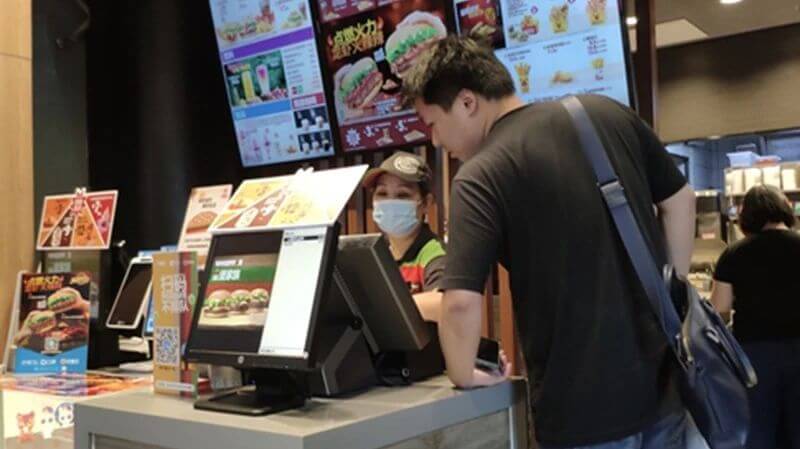
US fast food giant Burger King is launching its “9.9-yuan ($1.37) era” on Monday, marking its lowest burger prices ever in China. This initiative is part of a new round of promotional activities aimed at capturing market share amid intensifying competition.
McDonald’s is also reducing prices to attract customers, which, according to experts and media reports, indicates that foreign fast food brands are seeking to expand their market share and capitalize on China’s significant potential.
Starting Monday, four of Burger King’s signature burgers will be priced at 9.9 yuan each for four weeks. For instance, the fruitwood grilled chicken burger, originally priced at 24 yuan, will now cost 9.9 yuan. Prices of other burgers will see similar reductions.
This promotion is described by the company as an unprecedented effort to engage consumers with competitive pricing across dine-in, delivery, and e-commerce platforms, without requiring membership, as reported by the media.
This move aligns with Burger King’s strategy of frequent low-price promotions in the latter half of this year. The 9.9-yuan burgers compete with McDonald’s recent promotion, which offered burgers starting at 10 yuan for 14 days beginning in early July.
According to Yicai Global, this is a pivotal time for burgers to gain a foothold in China’s catering market. Tang Junzhang, Burger King China’s chief marketing officer, stated that selling burgers at 9.9 yuan won’t yield immediate profits due to costs being 2-2.5 times higher than coffee. However, in the highly competitive fast-food market, price promotions are essential for survival.
A McDonald’s executive commented that Chinese consumers are highly discount-driven, impacting their purchasing decisions based on available deals. This was in reference to McDonald’s second-quarter performance in China.
As foreign fast-food chains launch promotions, domestic brands like Wallace (Hua Lai Shi in Chinese) are also rapidly expanding with low average transaction values, further intensifying competition in China’s fast-food market, as reported by the Global Times.
Amid these market challenges, Burger King, traditionally positioned in the medium- to high-end segment, has been forced to enter the price competition.
Burger King continues to pursue market expansion in China. At the end of last year, the company announced plans to open over 200 new stores in 2024. Currently, Burger King’s outlets are mainly in first- and second-tier cities, but the company plans to expand into more third- and fourth-tier cities, according to media reports.
In recent years, the Western fast-food market in China has grown significantly. According to iiMedia Research Institute, the market reached 368.78 billion yuan in 2023, a 36.3 percent year-on-year increase, outpacing the overall catering industry growth.
This year, the market is expected to grow to 427.78 billion yuan, reflecting substantial growth potential amid the faster-paced urban lifestyles.
The price competition among Western fast-food brands is driven by various factors. Intense competition this year necessitates competitive pricing to gain market share, stated Zhao Jingqiao, director of the Service Economy and Catering Industry Research Center under the Chinese Academy of Social Sciences, in an interview with the Global Times on Sunday.
Zhao also noted that many domestic private enterprises are quickly entering the Western fast-food sector, increasing competitive pressure.
Additionally, foreign food and beverage companies remain optimistic about the domestic market. Given China’s large population and significant consumption potential in third- and fourth-tier cities, there are numerous opportunities in these lower-tier markets, Zhao added.
